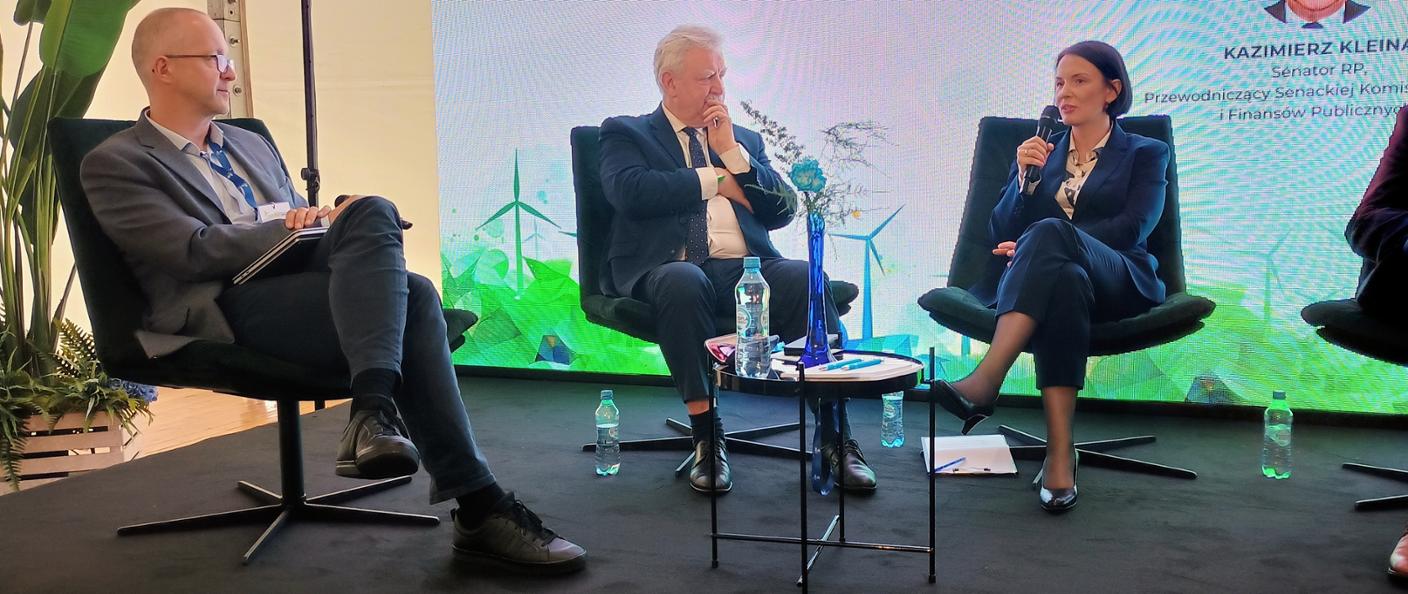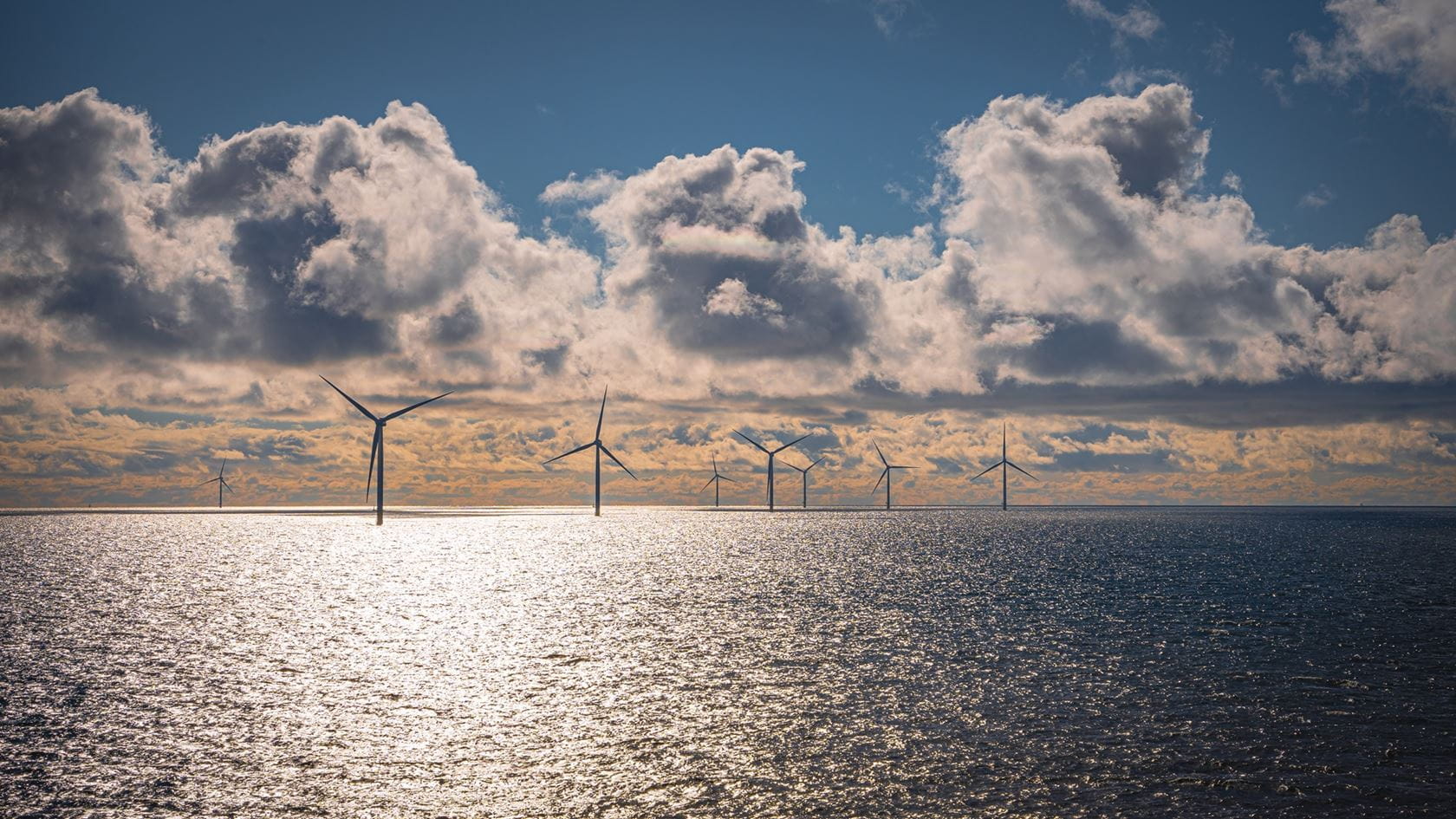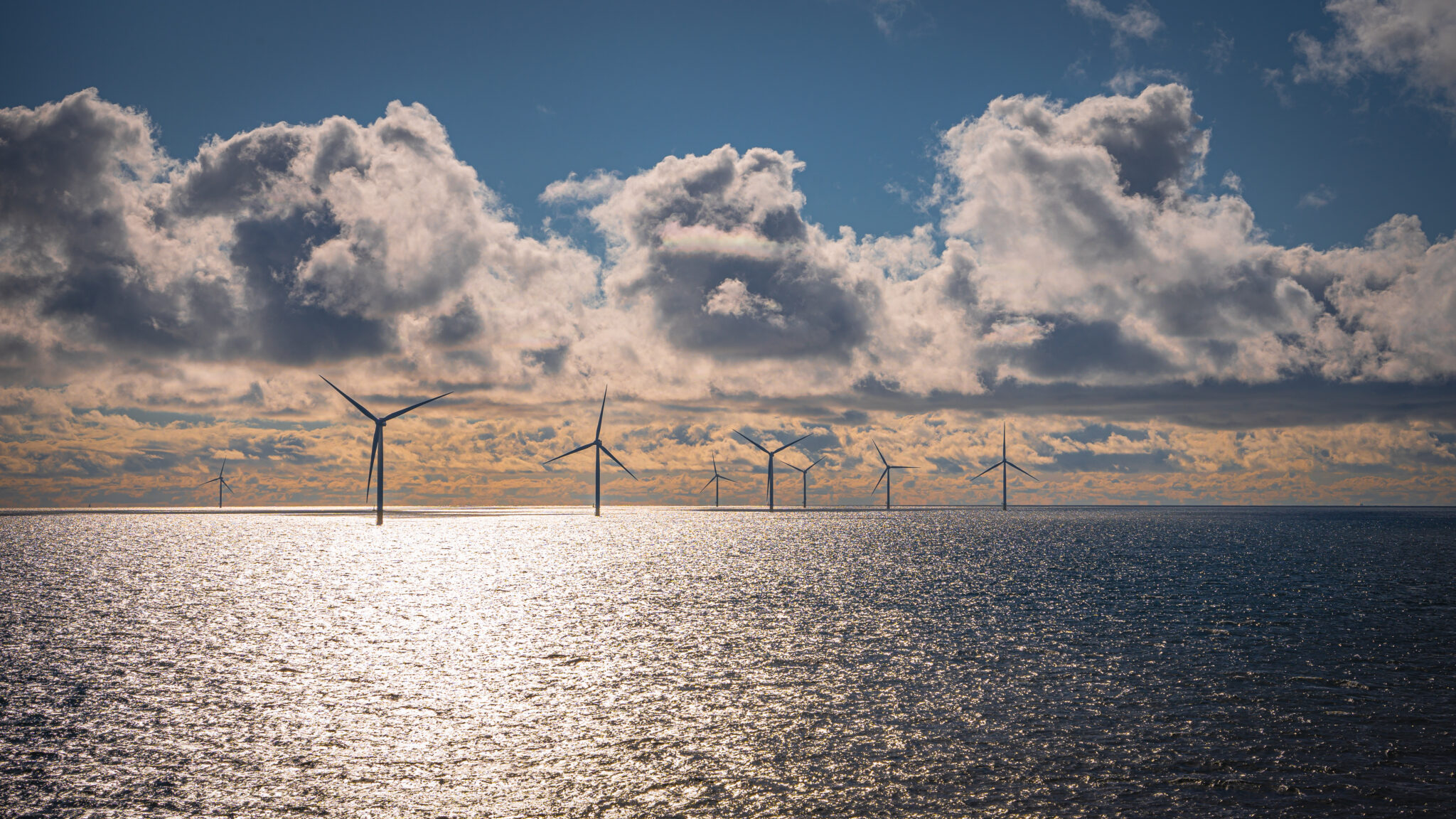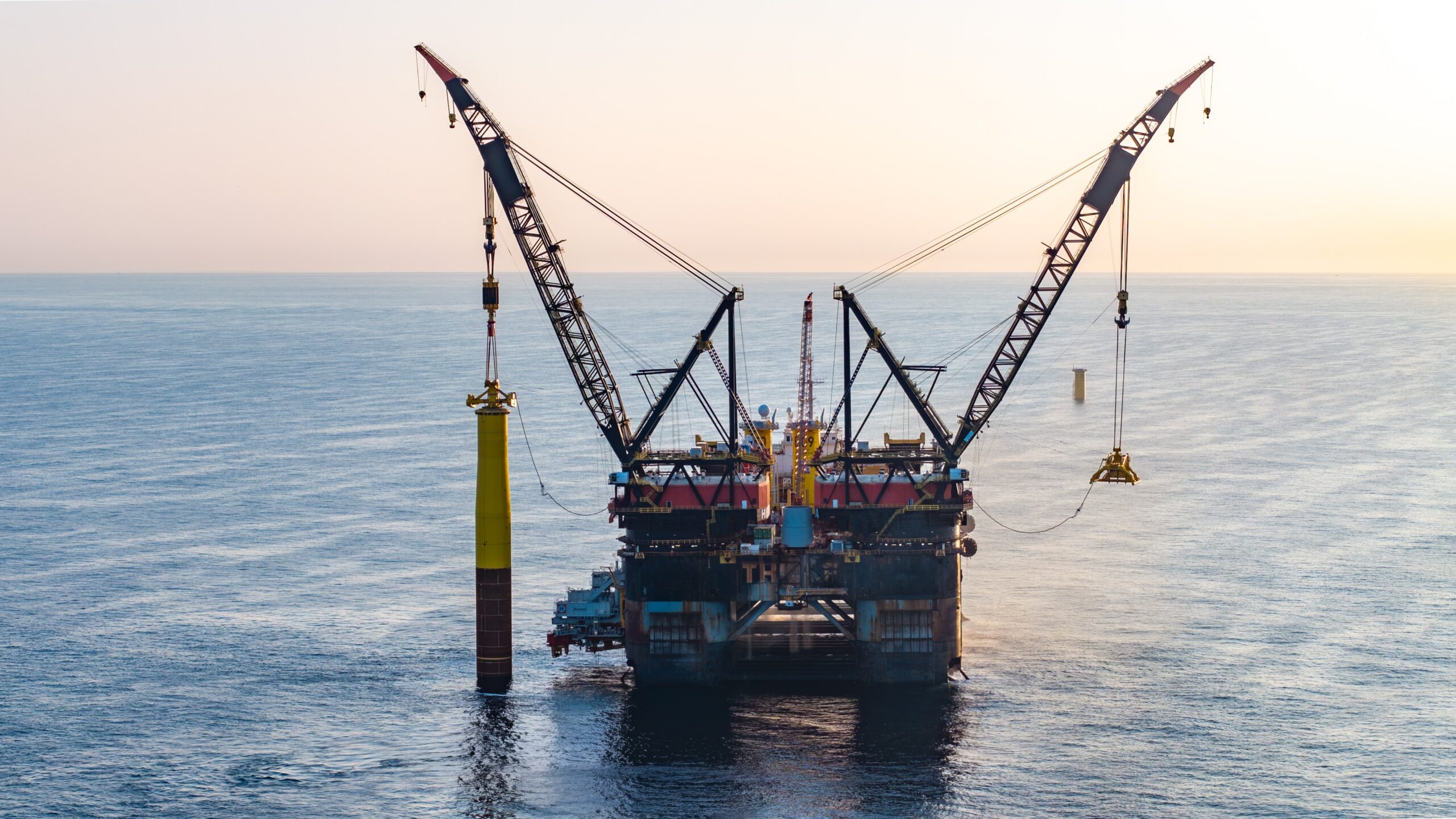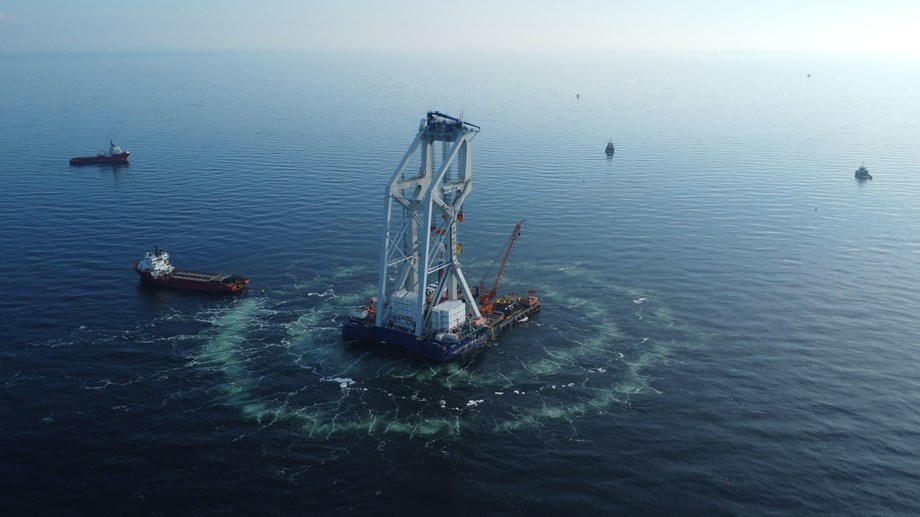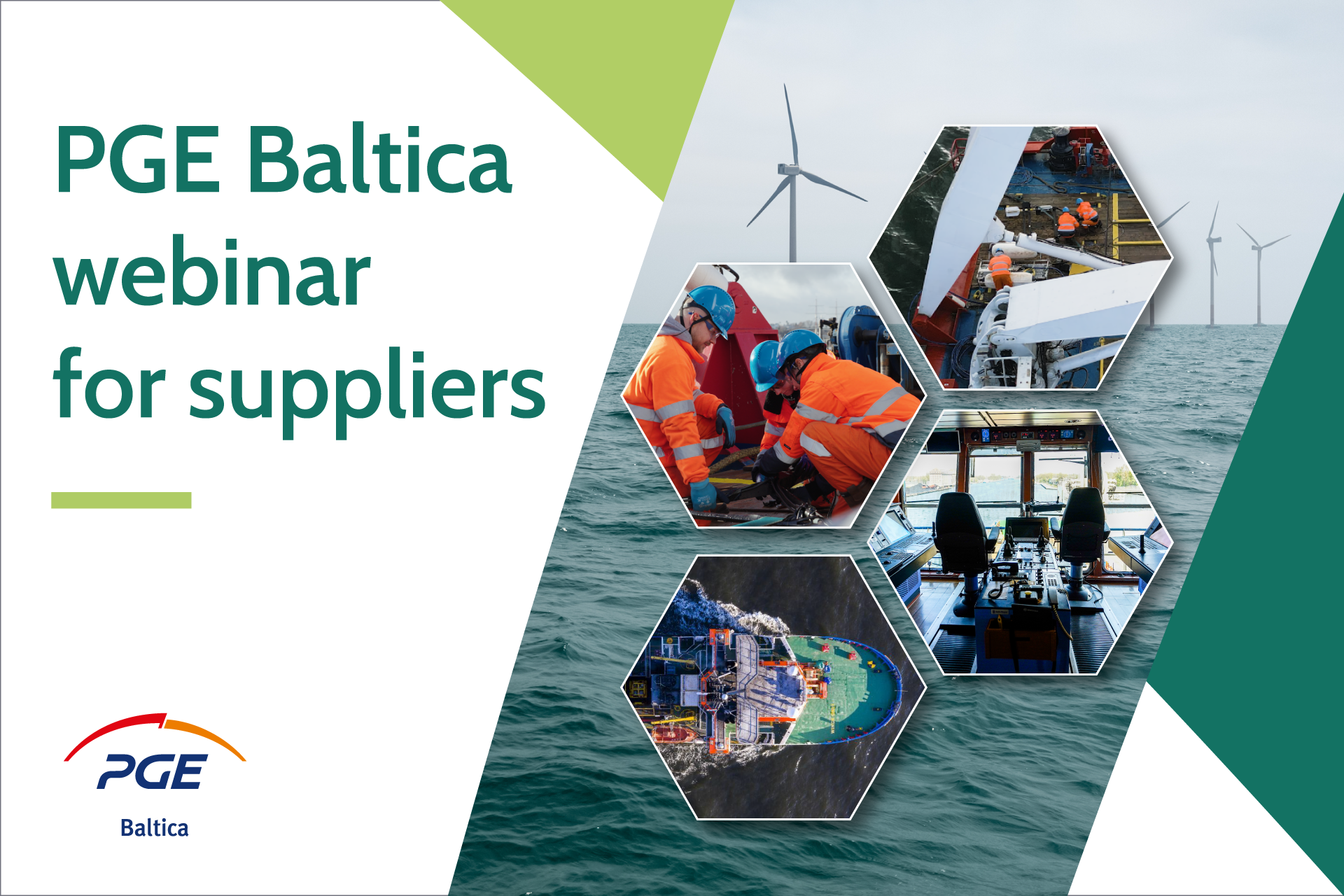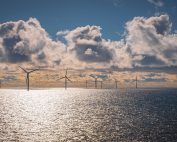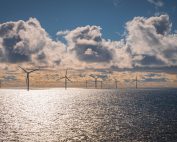Dorota Zawadzka-Stępniak, President of the Management Board of the National Fund for Environmental Protection and Water Management (NFOŚiGW), took part in the PSEW2025 Conference in Świnoujście. This is the largest industry event in Poland and Central and Eastern Europe dedicated to wind energy.
– In the NFOŚiGW’s strategy for 2028, low-carbon transformation is absolutely the number one priority. Eighty percent of our total budget is and will be allocated to energy transformation. This is a big change in our institution. Initially, the NFOŚiGW allocated most of its funds to helping local governments comply with EU law. Now we are talking primarily about investments in changing the energy mix, improving energy efficiency, reducing emissions and decarbonizing heating, as well as developing energy networks and storage facilities – said Dorota Zawadzka-Stępniak during the panel discussion ”Securing funds for transformation – cooperation between the government, the energy sector and the banking sector.”
The participants in the discussion pointed out that the energy transition requires coordinated investments by the government, the energy sector, and financial institutions. Moving away from coal and developing renewable energy sources requires the modernization of power grids and investments in energy storage systems. Legislative changes are also necessary to facilitate investments in onshore and offshore wind energy.
– We see storage facilities as a catalyst for the development of renewable energy sources. The call for proposals, which ended at the end of May this year, showed a huge need to support these investments. These are funds from the Modernization Fund, i.e., from the sale of allowances under the EU greenhouse gas emission trading system. We will be in dialogue with the EIB on the financing of these projects – announced the President of the Management Board of the NFOŚiGW.
The National Fund is actively involved in financing the energy transition by launching new support programs. As Poland’s largest partner of international financial institutions for over 20 years, it has successfully disbursed PLN 60 billion in EU funds. By 2030, the NFOŚiGW will be responsible for the implementation and distribution of over PLN 100 billion for the broadly understood low-carbon transition and environmental protection. These funds are available under the FEnIKS and FEPW programs, and also come from the National Reconstruction Plan (KPO) and the Modernization Fund. Each of these sources influences the structure of support, with forms of financing tailored to the specific nature of the projects and their environmental objectives.
-We began implementing the KPO at the beginning of 2024, and we are implementing a considerable amount – over PLN 29 billion. We want this money to be well spent, to work well in the economy, and to generate new jobs – said Dorota Zawadzka-Stępniak.
She added that the stability of the strategy, vision, and stability of the law are important. Such a key document will be the updated National Energy and Climate Plan (KPEiK), which is soon to be adopted by the government.
For 20 years, the PSEW2025 Conference has provided a space for multi-threaded dialogue on the shape of the Polish energy sector. The jubilee edition of the event returned to Świnoujście, bringing together participants from around the world, including decision-makers, entrepreneurs, experts, scientists, and media representatives. It is the largest meeting of participants in the renewable energy sector who are shaping Poland’s energy transition.
Source: gov.pl
